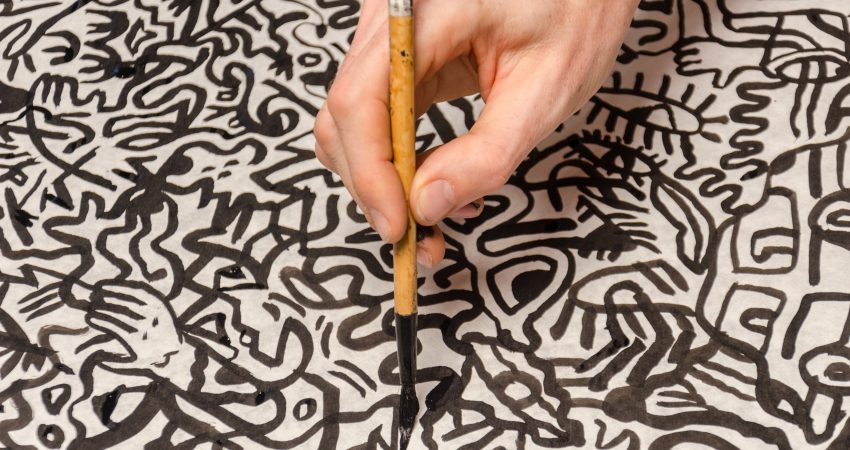
By Heather King - June 2014
PAPER CITATION
Liu, C.-C., & Falk, J. H. (2013). Serious fun: Viewing hobbyist activities through a learning lens. International Journal of Science Education, Part B: Communication and Public Engagement. doi:10.1080/21548455.2013.824130
Hobbyists are self-motivated: They seek out new information; they practice and refine their skills. As a result, some develop considerable expertise in their specialist areas. Studying the ways in which hobbyists engage with content may help us to better understand and support learning. It can also help us understand how theories of learning operate across contexts.
In this short review paper, Liu and Falk present a summary of key learning principles and discuss the ways in which these characterize the actions of hobbyists that Liu (2012) studied previously .
Firstly, Liu and Falk note that hobbyist learning exemplifies the situated nature of learning (see Lave & Wenger, 1991): What hobbyists learn depends on what they need to learn. Hobbyists engage with content in context-defined, or situated, settings, whether in the field or in a formal classroom.
Next, hobbyist learning is characterized by internal motivation: Hobbyists seek out information because they are interested and motivated by the desire to master their subject.
In seeking information, hobbyists find ways of recruiting support for their efforts: They join societies or clubs in order to gain information, feedback, and access to equipment and expertise. In this sense, hobbyists act within a community of practice (first defined by Etienne Wenger, 1999).
Lastly, Liu and Falk note that, over time, hobbyists may become experts in their field. Their expertise, however, may differ from that of formally trained experts. Given their deep personal interest, hobbyists’ expertise is often quite specifically focused, whilst an academic’s expertise is usually broader and more abstract.
Implications for Practice
Studying hobbyists’ practices gives educators an opportunity to understand how real-world learning occurs and continues throughout an individual’s life. The familiar behaviours exhibited by hobbyists offer firsthand understanding of the nature of motivation and the drive for mastery.
Furthermore, knowledge gained from studying hobbyists can be applied to a variety of learning situations including science festivals, the Maker Movement, and learning in afterschool clubs or museums.
In short, this paper argues that a rich understanding of hobbyist learning can equip both formal and informal educators to make better decisions about learning resources, educational design, and effective facilitation. A better understanding of hobbyist learning may be particularly pertinent to educators who seek to bridge the gap between formal and informal settings by helping learners to transfer their expertise from one setting to another.
References
Lave, J., & Wenger, E. (1991). Situated learning: Legitimate peripheral participation. Cambridge, UK: Cambridge University Press. Liu, C.-C. (2012). Serious fun: Life-deep learning of koi hobbyists (Unpublished PhD dissertation). Oregon State University, Corvallis, OR. Wenger, E. (1999). Communities of practice: Learning, meaning, and identity, Cambridge, UK: Cambridge University Press.




